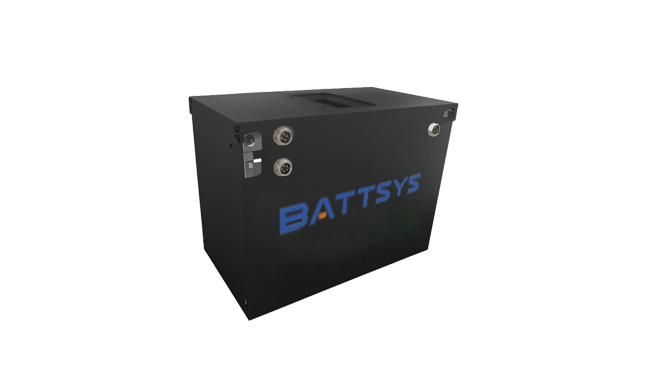The
AGV lithium battery management system (BMS) is essential for the operation of lithium batteries. Firstly, lithium batteries must be equipped with protective devices to ensure the safety of all battery cells, as overcharging and discharging are strictly prohibited. On the other hand, due to the nominal voltage of a single lithium battery being only 3.2-3.7V, it is necessary to perform series parallel combination in order to be suitable for various loads;
Due to the differences between individual batteries, the performance of the battery pack shows a downward trend, such as a significant reduction in service life compared to individual use. So a complete BMS system not only includes protection technology, but also should develop a reasonable balance plan for specific applications, so that the differences between each lithium battery cell fluctuate within a reasonable range, ensuring the safe and efficient operation of the battery pack.
State of Charge (SOC) can accurately characterize the remaining battery capacity. Reasonable SOC estimation is a prerequisite for predicting battery operating time and avoiding overshoot and overdischarge, and is an essential function of BMS; Due to the complexity of battery models, SOC estimation is very complicated, and commonly used methods have their rationality, but they also have significant shortcomings.

Temperature is also an important factor affecting the working efficiency of
lithium batteries. Temperature has a significant impact on the discharge capacity, internal resistance, and open circuit voltage of the battery; Especially at low temperatures, the discharge capacity can even drop to about half of that at room temperature. Therefore, a complete BMS system should also have intelligent temperature control function to expand its application environment.
In addition, a complete BMS system should also include auxiliary functions such as parameter display, data communication, and fault alarm
